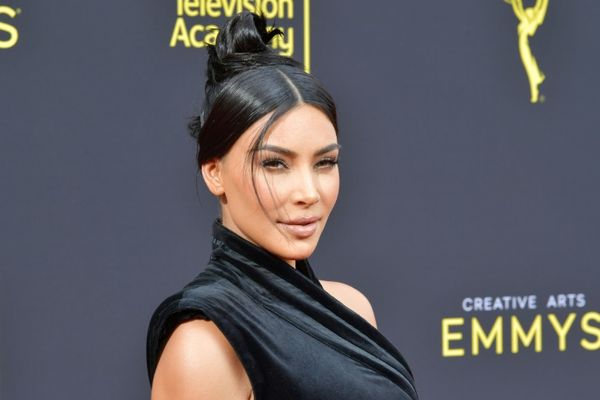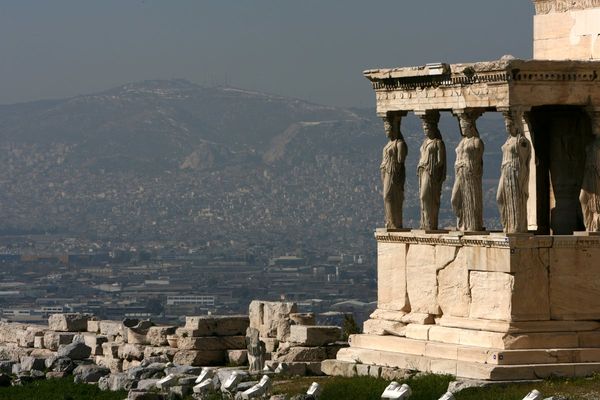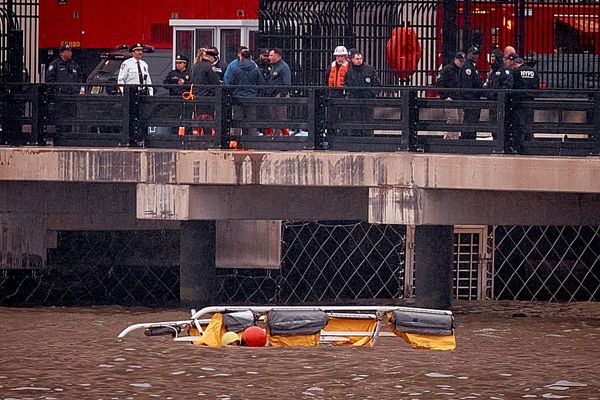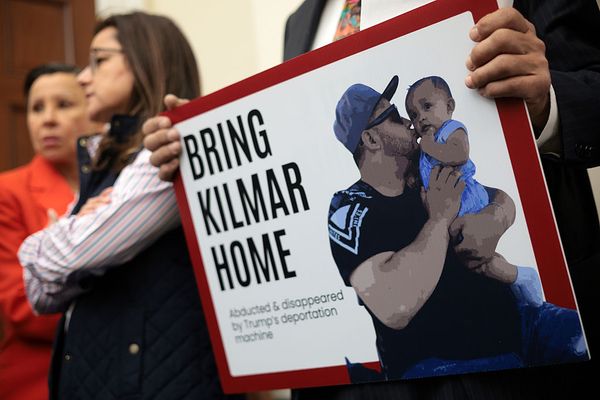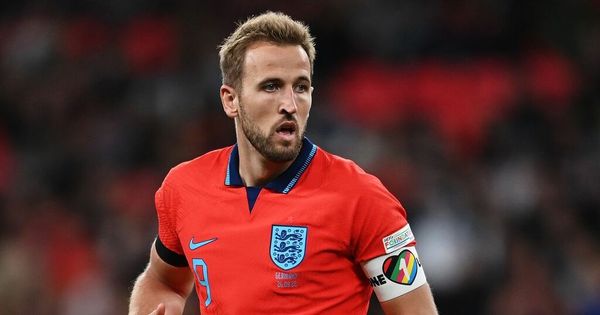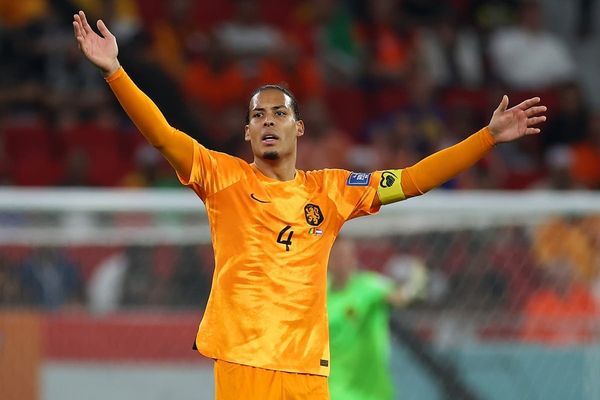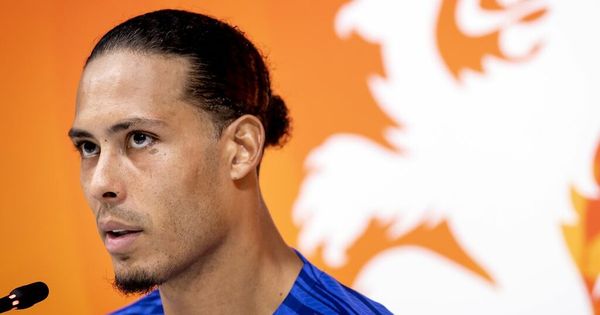England's opening World Cup fixture versus Iran continues to be overshadowed by off-field issues surrounding host country, Qatar.
Ever since being awarded the right to stage football's greatest tournament back in 2010, questions have been asked regarding the legitimacy of their successful bid and suitability to be at the centre of such an event due to concerns relating to human rights and the criminalisation of same-sex relationships.
Aiming to send out a message promoting diversity and inclusivity during the World Cup, captains of nine countries had drawn up plans to wear a 'OneLove' armband but have since backed down on this proposal.
What is the meaning behind the OneLove armband?
The 'OneLove' armbands are part of a campaign to "promote inclusion and send a message against discrimination of any kind."
Initially kick-started by the Netherlands ahead of Euro 2020, Belgium, Denmark, England, Germany, Holland, Switzerland and Wales represent the seven countries who had decided to support this scheme in Qatar. It has today been announced, however, they will no longer take a stand.
Various social campaigns were set to feature on the armbands throughout each round of the World Cup, with other themes including: #SaveThePlanet, #ProtectChildren, #EducationForAll and #BeActive.
Why have countries backed down from this scheme?
England and the other countries prepared to make a statement have reversed their decision to wear the 'OneLove' armband, it has been announced. Explaining how this verdict has been reached, an FA statement read: "FIFA has been very clear that it will impose sporting sanctions if our captains wear the armbands on the field of play.
“As national federations, we can’t put our players in a position where they could face sporting sanctions including bookings, so we have asked the captains not to attempt to wear the armbands in FIFA World Cup games.
“We were prepared to pay fines that would normally apply to breaches of kit regulations and had a strong commitment to wearing the armband. However we cannot put our players in the situation where they might be booked or even forced to leave the field of play.
“We are very frustrated by the FIFA decision which we believe is unprecedented — we wrote to FIFA in September informing them of our wish to wear the One Love armband to actively support inclusion in football, and had no response.
“Our players and coaches are disappointed — they are strong supporters of inclusion and will show support in other ways.”
What is FIFA's stance regarding political messages?
FIFA have a strict policy regarding portraying political messages on kits and recently warned players against using political slogans at the tournament, insisting such actions are banned.
Current FIFA equipment rules state that: "At FIFA tournaments, match staff must wear official clothing and equipment provided by FIFA, including FIFA event badges specified and provided by FIFA."
Speaking on BBC Radio 4 prior to England's decision to no longer sport the 'OneLove' armband, FA chief executive Mark Bullingham said: "We have been clear that we want to wear the armband. It is important to us. But equally we need to work through all of the discussions right now and see where we end up. Is it a risk for Kane to wear the armband? That’s what we’re working through right now.
"We’ve had meetings this morning with FIFA are there are discussions carrying on. As I’ve said we are very keen to wear the armband, we want to do it but obviously we would need to consider the implications. Normally in this kind of situation there would be a fine that would get paid and we’ve always said we’d be very happy to do that. Well, happy might be the wrong word but we’d be prepared to pay the fine because we think it’s important to show our support for inclusion. If the sporting sanctions threat is real then we need to look at that, we need to step back and work out if there is another way in which we can show out values."
